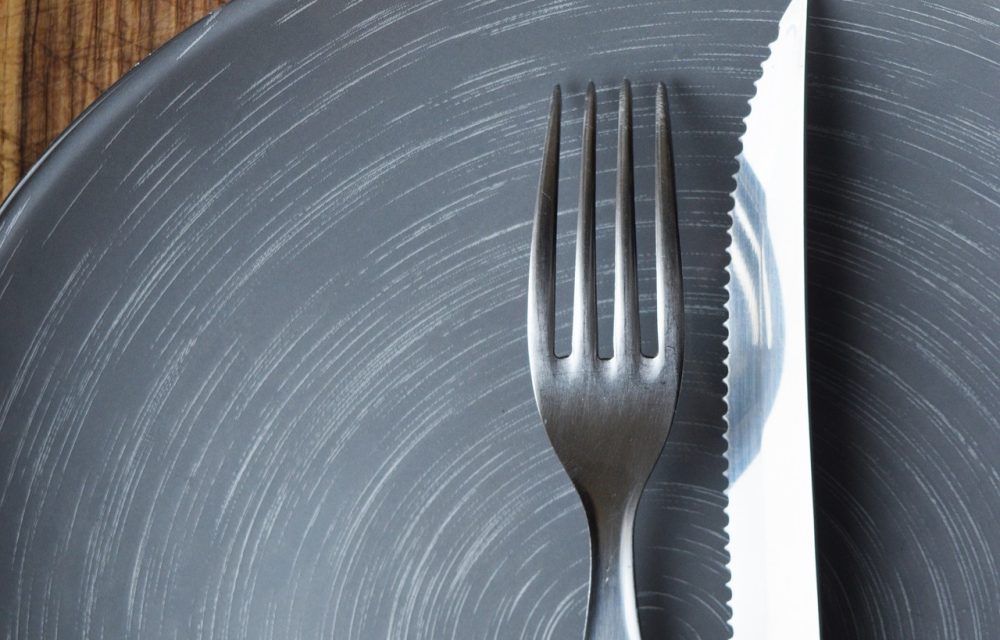Overcome The Post-Holiday Slump
The recent holiday season in Alexandria, VA, was wonderful, but now it’s over. You return to your normal life, just a little more exhausted. There are few parties. You’re faced with paying off the cost of presents and need to lose the extra five pounds you gained. Even though you should be excited about the new year, you feel discouraged and depressed. How do you get back to your routine and overcome the post-holiday slump when lying in bed or watching TV is all you want to do?
Set goals for the year.
You decide the type of year that you’ll have by making goals and finding ways to achieve them. Everyone, no matter what their age, needs a goal. It should excite you, but that is also achievable. It’s a reason to get up in the morning. Break your goal into smaller, easier-to-achieve goals you’ll accomplish each week. That holds you accountable and provides opportunities for success. If your goal is weight loss, break it down to a weekly goal of one or two pounds a week.
Get moving.
Exercising helps improve your circulation and lifts your spirits by burning off stress hormones and replacing them with ones that make you feel good. If you overindulged during the holidays, it can help you lose weight. You’ll improve your posture, which makes you feel better and improves your self-esteem. You’ll also boost your energy and change your body composition. Stick with a program that provides 150 to 300 minutes of moderate-intensity exercise or 75 to 150 minutes of high-intensity exercise.
Try meal planning.
Your life may still be busy, but you’re in a slump because of the weight you gained. The perfect solution is meal planning. It saves time and money. It also guarantees you’ll eat healthier. You plan your meals on one day, shop on another, and prepare all the meals for a week on your day off work. You can use the ingredients in several dishes and cook everything at once, whether in the oven, crockpot, stovetop, or air fryer. Pack the meals in individual serving containers. At the end of a long day, heat it, and it’s ready to eat. It’s faster than sitting in a drive-through line.
- Create a sleep schedule. You may have gotten your days and nights blurred with all the holiday celebrations. Create a sleep schedule and stick with it to get the rest you need.
- You’ll improve your brain connections and create new neural pathways when you exercise. Exercise increases brain cell production, cognitive functioning, and focus.
- If you’ve never exercised, take it slow. Focus on form for the first few sessions. If you’re not ready to go to the gym, start by walking and slowly increase your pace and distance.
- Stay hydrated. Mild dehydration can cause you to feel tired. Most people find drinking water in the winter more difficult, but it’s just as important. The air is drier in the winter due to indoor heating.
For more information, contact us today at Team Worx Fitness










